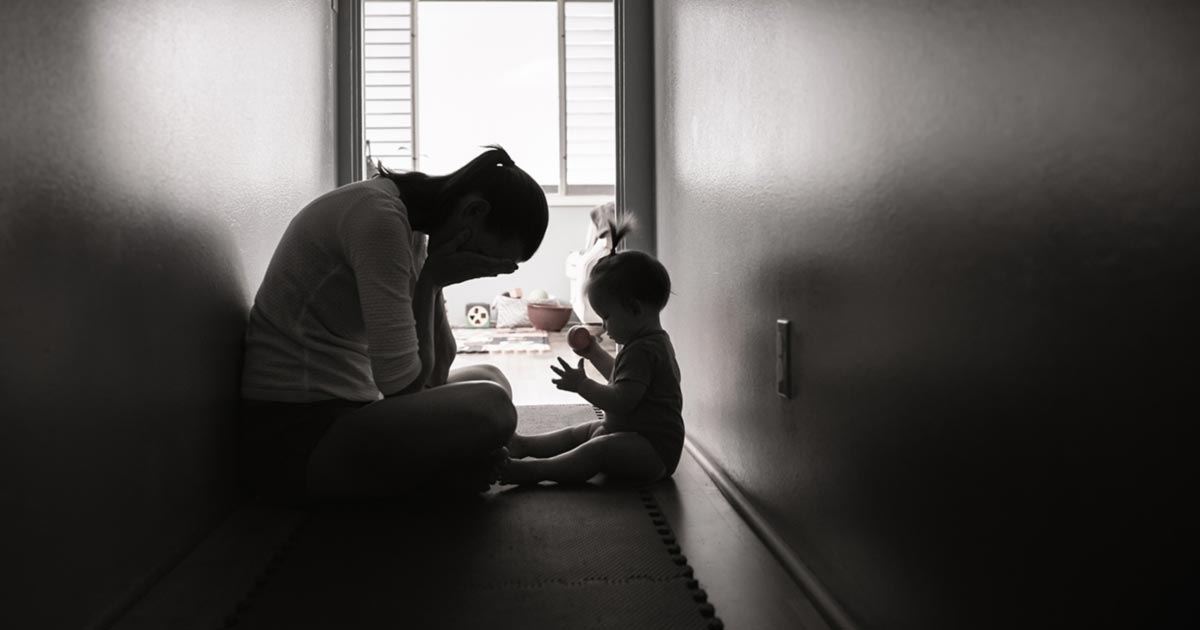It was definitely an eye-catching headline to be seeing the day after Valentine’s Day.
In a Carolyn Hax advice column in the Washington Post, the stark question was simply “Do I have to explain my divorce?” But curiously, instead of Hax handling the question, she turned to her readers (as she does once a week) to see what they thought, and they had some really insightful things to say about the question.
Before we tackle that, of course, we need to get into the nuts and bolts of how we handle divorce at the Law Office of Lisa A. Vance. First and foremost, before anything else, divorce is a legal process that largely deals with finances. There are certainly other aspects to consider in divorce, especially if children are involved. But even if there aren’t parenting time issues to sort, divorce is largely about what assets do the couple have and how those should be split.
That said, there’s also a huge emotional cost that comes with divorce. While we always think it’s best for our clients to work with therapists on that front — since it’s best for you and less expensive for you to have your lawyer do lawyer work and a therapist to handle your emotional needs — we’re definitely sympathetic to what our clients are going through. We have tissues in our office. We have lawyers who get what it takes to get through divorce, and while we know each client can do it because we’ve seen it, we know how hard it is.
Part of that challenge is accepting that a divorce is imminent and real, processing what that means to you … and being selective about when and how you share that, on your own timeline and not anyone else’s.
One reader started with a personal story that had some wisdom woven in:
I got divorced in my early 30s from a marriage that everyone else thought was without flaws. It obviously wasn’t. Over time, I realized that most people who wanted to know the details were asking out of curiosity rather than compassion. Those approaching me with compassion cared more about how I was doing than the details of why everything unraveled. All of that to say: You don’t owe any time, energy or explanation to anyone’s curiosity.
Then, the reader suggested,
A deflection might sound like, “It’s no one thing, but I appreciate your understanding that I don’t really have the energy to go into the details. The most important things to know are that the kids and I are good, and we are grateful for the support of our community.” If someone truly cares about you, that’s all they really need to know. And if they press further, you don’t owe them any more than that.
That’s sound advice because, if the person asking cares about your well-being, it’s a way to address that without satisfying other curiosities they might have (that aren’t really any of their business).
Another reader noted, if you do want to explain what happened, you can talk about the basic facts without getting into the details — ”he cheated” vs. giving a play-by-play of the affair. That reader then said, “You can follow up the facts with statements about yourself like, ‘I’m drained right now and I’m in mourning. I’ll hopefully see you this summer.’”
That’s good because it sets some parameters for when you might be ready to more fully engage, and while it doesn’t leave people in the dark, it also makes it clear that you don’t want to do more than give a summary of what happened. Again, if these are people who respect you and are worth keeping as friends, this should be good enough for them.
Another interesting response to stave off questions was one that went, “There are so many ways to tell that story — so, you know, I think it’s better not to. It’s hard for everyone now, but we did the best thing for our kids.”
The reader then noted, “This turned out to be a good answer because it shut off questions yet felt respectful to the (usually kind and sympathetic) questioner.”
Whatever strategy you think works best, know that it’s okay not to want to explain your divorce, and it’s definitely okay not to dive into the details.
At the Law Office of Lisa A. Vance, you can talk to us about your divorce — especially what you envision for your post-divorce life. From there, we can handle the legal side of your case, help connect you with someone who can address the emotional side of things, and help you keep the two separate as you go through your difficult but doable journey.

